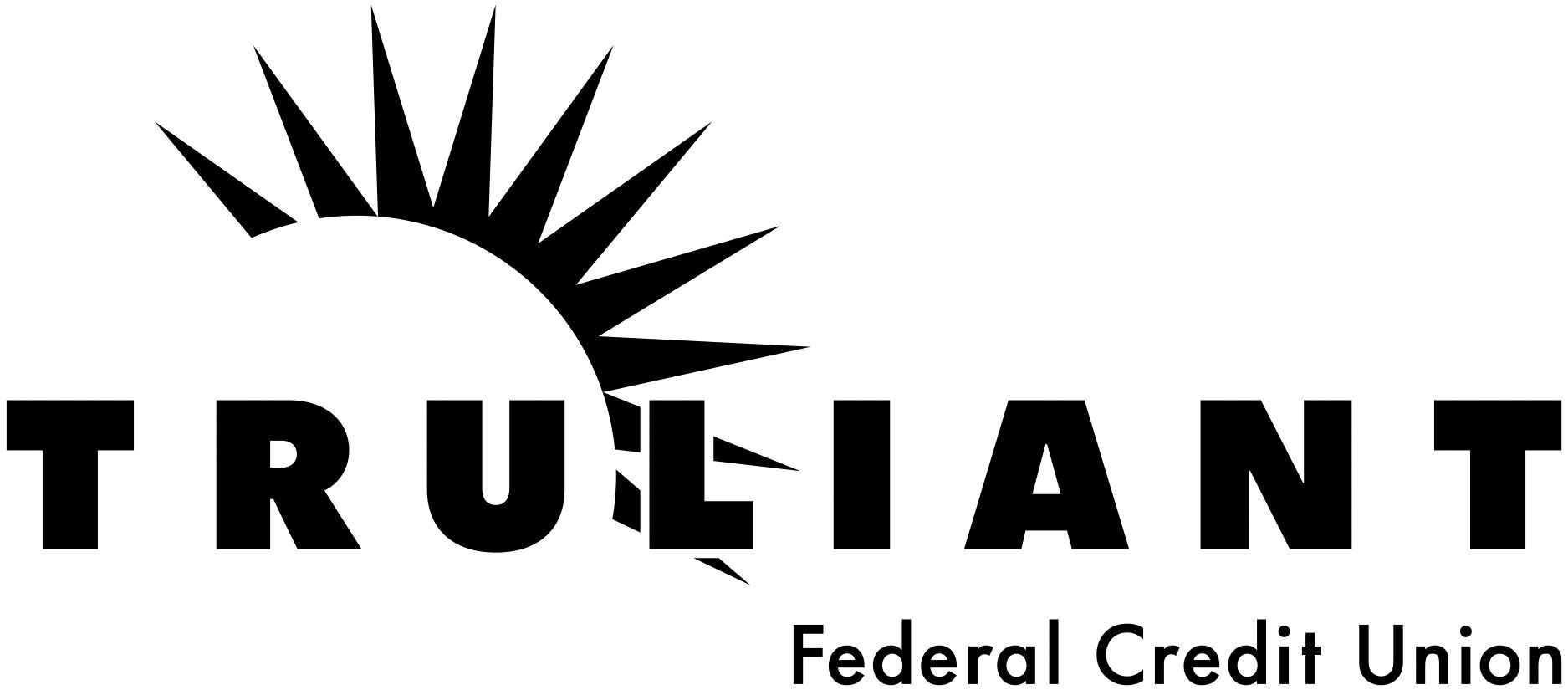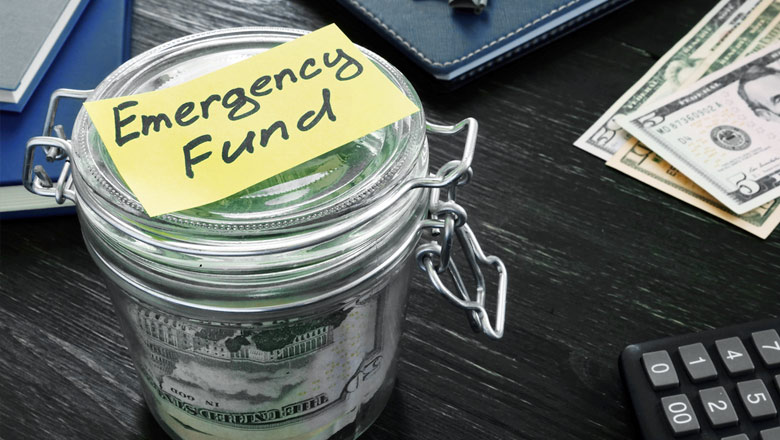What is Zero-Based Budgeting?

Basics of Zero-Based Budgeting
In the business world, zero-based budgeting means that your expenses must be justified or covered by what you make on the project.For small businesses, starting out with a zero-based budget is the simplest way to make sure that your project will break even. If you don't have the revenue, you can't expand the project. Believe it or not, this same concept can also be applied to your personal finances.
Setting Up a Zero-Based Budget at Home
If you've struggled to set up budgets in the past because of unexpected expenses or intermittent income, this may offer a better way to help you towards your financial goals. It should be noted that setting up a zero-based budget will take careful review of all your current expenses. Is the money you are spending actually being put to the best use?
Getting Started
To set up your zero-based budget for your household, you will need to know your exact income. If you are the only person in your household and you have one job, your income will be easy to figure out. If your income is from multiple sources, rely on the data you have this month. Do not worry about working backwards to determine an average of any part-time work or other revenue streams.
Once you’ve determined your income, experts recommend you sit down and track your spending. Be aware that this is not about punishment or beating yourself up for poor spending choices - this is about awareness and collecting needed data. Just a month or two of recent expenses should be enough information.
Simple Equations
It’s simple - total up your expenses and subtract your income from that total. If you have a positive number, you can start to review your expenses for places where you can put more of your money, such as debt repayment. If you have a negative number at the end of your equation, you will need to find a way to cut expenses.
Cash Is King
For many of us, our spending is nearly all digital. We pay our bills online and buy what we need with a credit card. If you find that you are spending more than you're making on a regular basis, try using cash for any in-person buying that you do.
Handling cash makes money feel real again. More importantly, if you have no cash, you cannot shop. For many of us, shopping has become a form of entertainment and with only cash in your hand, rather than a credit card, impulse purchases will have to become a thing of the past.
Forced Savings
One of the best things about a zero-based budget is that saving becomes a line item in the budget. If your savings habit is to save what you have left over, you may find you have months of no extra savings at all. In the event of an emergency, you may need to borrow to cover the expenses from the emergency event. Once you add savings as a line item in your zero-based budget, it simply has to happen and will be easier to accomplish.
Tracking Is Key
Using a zero-based budget will require regular tracking and you can do this with tools as simple as a notebook and a pencil. In fact, the act of writing down your spending may stimulate your creative powers and make it easier to come up with new ways to hit your monetary goals. Tracking also enhances the ability to make sure your hard-earned dollars are working efficiently for you.
At the beginning of each month, sit down with your tracking tool and study your expected expenses. Is there a holiday coming up you need to prepare for? Then make sure you add "gifts" to this month's budget and plug in a dollar amount. Adjust your other expenses to make sure your budget still balances to zero.
Be Ready to Flex Your Budget
Many budgets fail because they are simply too rigid as an ‘all or nothing’ mentality may frustrate you and lead to an unfortunate spending binge. Instead, be ready to revisit your budget to re-adjust your expense totals if an unexpected expense pops up.
Best of all, revisiting your budget with an eye toward flexibility can get you to your goals faster. If you have a line item for a debt you are working to pay off, consider adding a countdown. Getting closer to your goal may spur you on to make other adjustments in your spending to put even more money toward that debt.
You're Not Alone
No matter your budget struggles in the past, there are organizations and tools available to help. Consider setting up an appointment to speak with a representative from Truliant to get a handle on your financial habits and money management.





